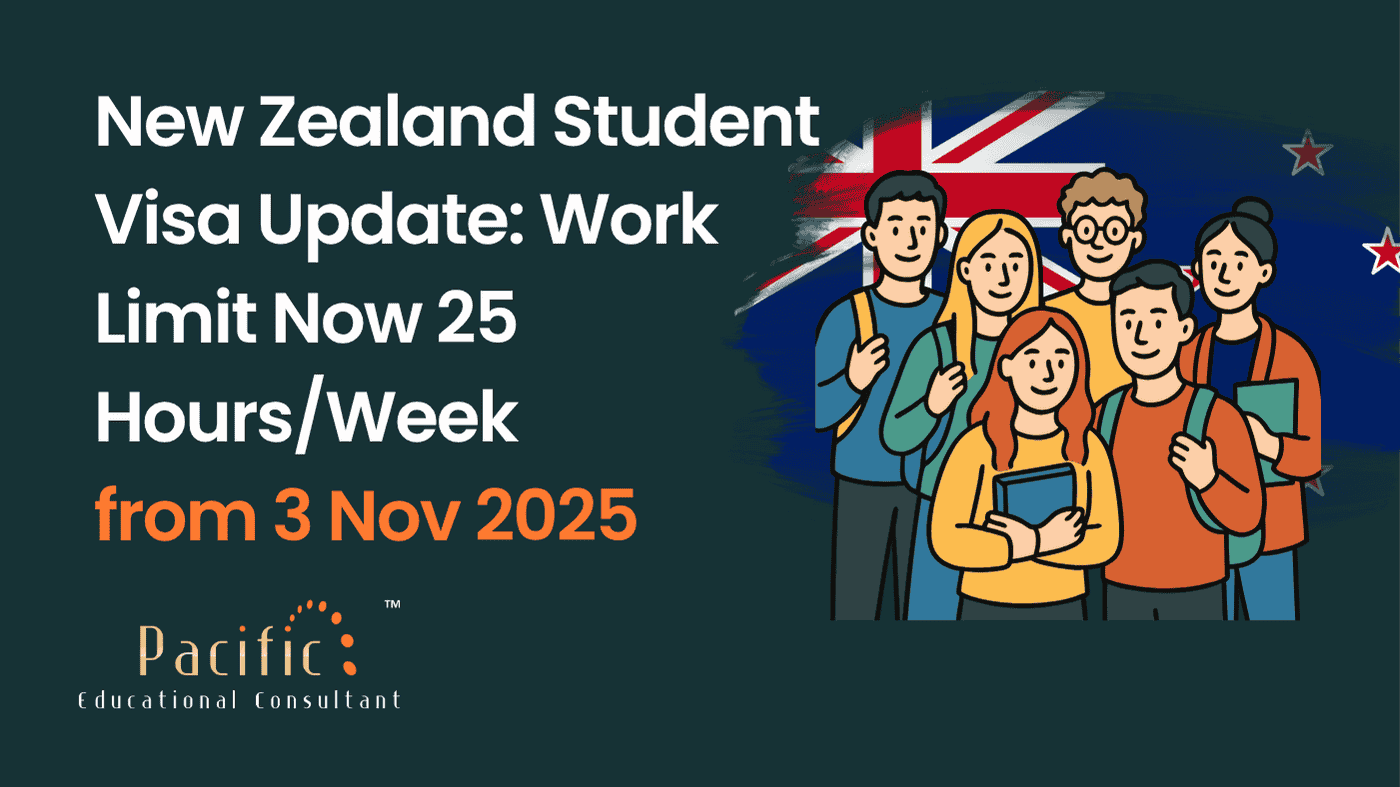


Studying in Canada is a dream for many international students, and the September intake is the most popular admission cycle. If you're planning to apply, you need to be well-informed about the top colleges, application procedures, and available courses. This guide covers everything you need to know, ensuring you make the right choice for your education.
In Canada, universities and colleges offer three major intakes for international students:
The September intake provides students with more options in terms of programs, scholarships, and job opportunities. Most top universities and colleges open applications around October of the previous year, with deadlines ranging from January to May.
Applying to a Canadian college for September intake requires careful planning. Here’s a step-by-step process:
Make a list of colleges offering your preferred course. Some popular options include:
Each college has specific entry requirements, but common ones include:
Once you've gathered all necessary documents, apply through the college’s official website. Pay the application fee, which typically ranges between CAD 50 to CAD 150.
Many colleges offer scholarships to international students based on academic merit, financial need, or extracurricular achievements.
If accepted, you’ll receive a Letter of Acceptance (LOA), which is required for your student visa application.
Submit your visa application to Immigration, Refugees and Citizenship Canada (IRCC). Processing can take several weeks, so apply early.
Look for on-campus housing or private rentals and book your flight to Canada well in advance.
Colleges in Canada offer a diverse range of diploma, certificate, and degree programs. Some popular courses include:
Most of these programs include co-op (internship) opportunities, giving students hands-on experience and better job prospects.
Canada consistently ranks as one of the best destinations for international students. Here’s why:
Canadian colleges are known for their world-class education system, modern infrastructure, and experienced faculty.
Compared to the USA and the UK, Canada offers relatively lower tuition fees and a great return on investment.
International students can work up to 20 hours per week during semesters and full-time during breaks, helping them manage expenses.
After completing studies, students can apply for a PGWP, which allows them to work in Canada for up to 3 years.
Canada offers various immigration pathways, such as Express Entry and Provincial Nominee Programs (PNP), making it easier to become a permanent resident.
Applying for international education can be overwhelming. Pacific Educational Consultant provides expert guidance for:
With expert consultants, you can avoid application mistakes, increase admission chances, and secure scholarships for your studies in Canada.
Studying in Canada during the September intake opens doors to a world of opportunities. With top colleges, diverse programs, and excellent career prospects, it's an ideal destination for international students. Plan ahead, apply on time, and seek expert guidance for a smooth admission process.

New Zealand Student Visa Update: Work Limit Now 25 Hours/Week from 3 Nov 2025

Describe a family member who you want to work with in the future - IELTS Cue Card

Describe a noisy place you have been to - IELTS Cue Card

Describe a time you enjoyed a free day off work or school – IELTS Cue Card

Bachelor in Business Economics (BBE)

BE IT Full Form: Complete Guide to Eligibility, Syllabus, Fees, and Career Scope

Describe a water sport you would like to try in the future - IELTS Cue Card

Describe a plan that you had to change recently - IELTS Cue Card

CBSE Class 10 & 12 Date Sheet 2026: Complete Timetable & Study Planner

Describe a sport that you really like - IELTS Cue Card